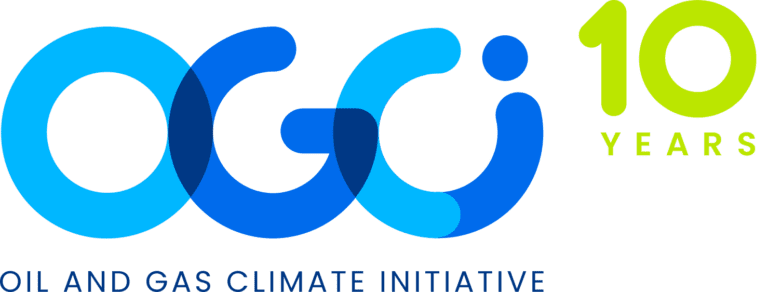Veritas Protocols
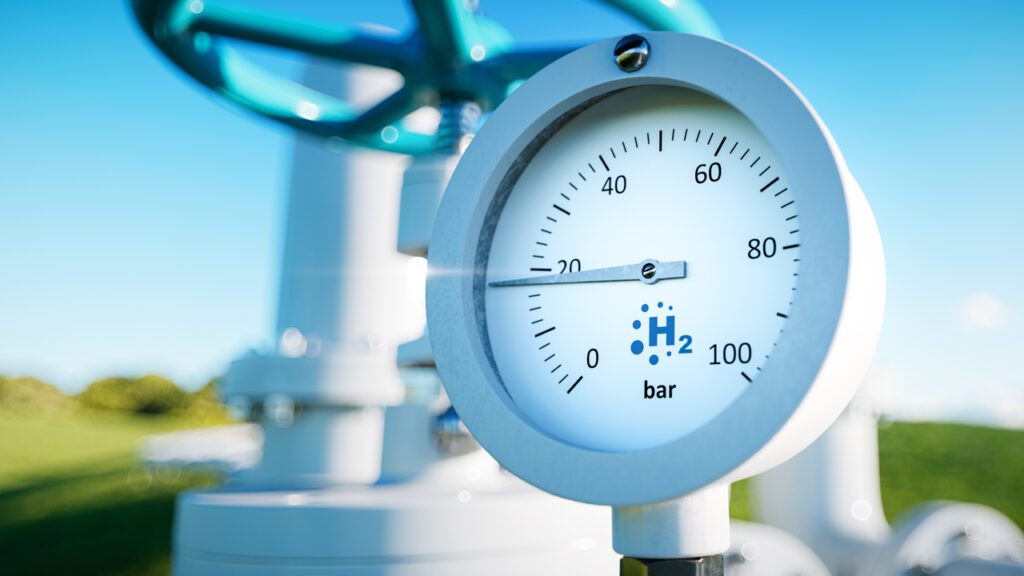
Veritas’ technical protocols provide companies and countries with methane emissions reduction targets with a credible, consistent, verifiable, and transparent methodology to measuring methane emissions. These protocols provide a more streamlined, refined, and standardized approach to accurately measure methane emissions. This, in turn, supports reduction efforts of global methane emissions.
Department of Energy measurement and verification framework

Overview of updates to DOE MMRV framework. The MMRV Framework is intended to improve the accuracy, completeness, and transparency of reported emissions in the marketplace and drive emission reductions across the natural gas supply chain. The MMRV Framework is not a regulatory process and countries and regions participating in its development are not committing to […]
Methane Matters: Reducing emissions in the oil and gas sector
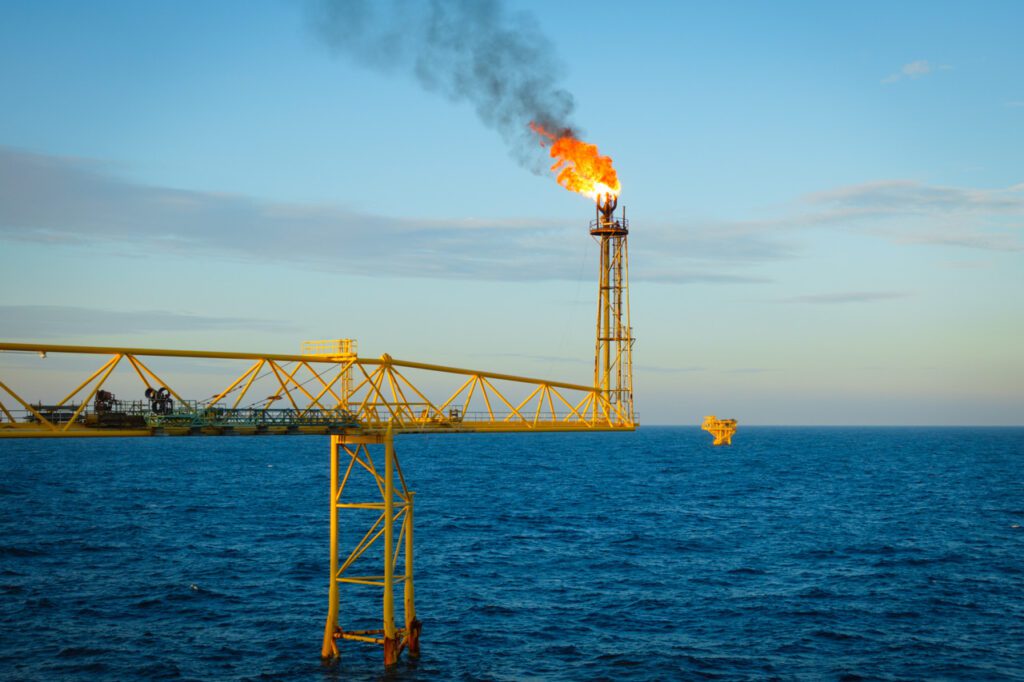
The combination of new regulatory measures and the availability of advanced detection technologies has created momentum to reduce methane emissions from the oil and natural gas sector. The Biden Administration is requiring oil and natural gas companies to measure, report, and reduce methane emissions through five separate rules issued by the Environmental Protection Agency (EPA), […]
Bureau of Land Management issues rule to reduce wasted gas from oil and gas operations
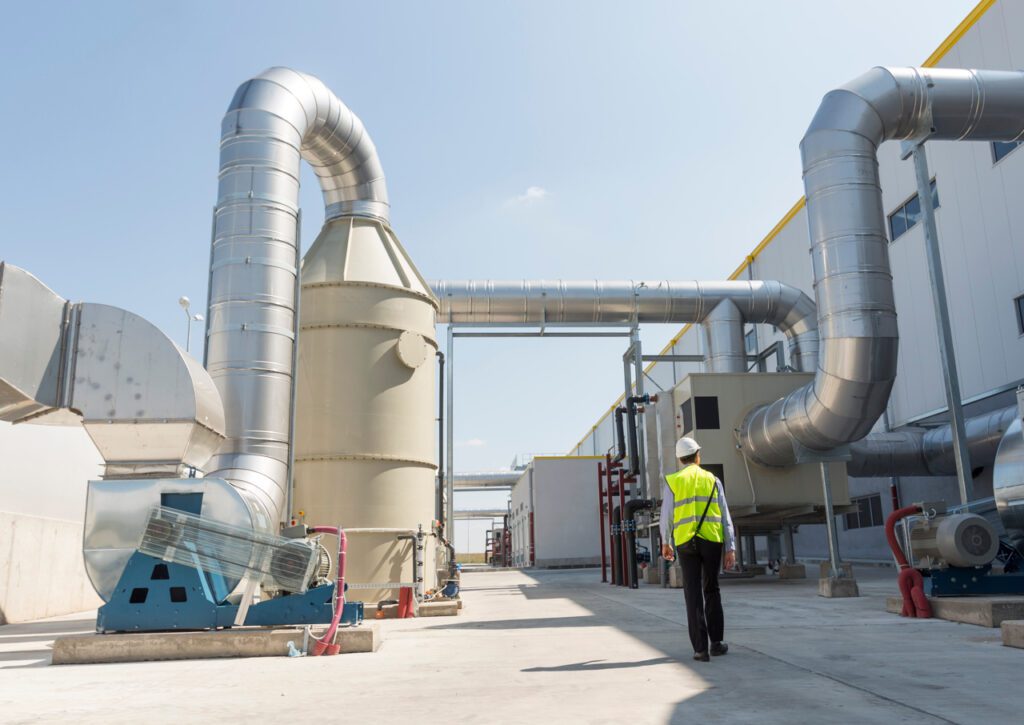
The article from the Harvard Environmental & Energy Law Program discusses the Bureau of Land Management’s new rule aimed at reducing wasted gas from oil and gas operations. The rule focuses on minimizing methane emissions by requiring operators on federal lands to adopt improved technologies and practices for capturing and utilizing natural gas that would […]
Ben Cahill article: US LNG exports: DOE and FERC roles and boundaries
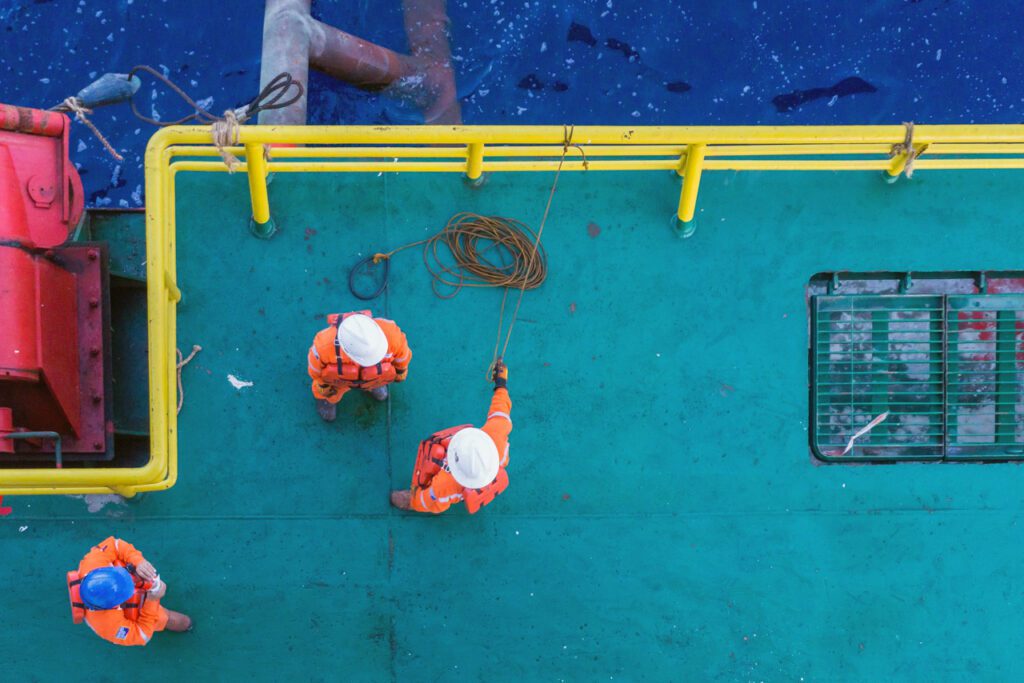
The article from CSIS examines the roles and boundaries of the Department of Energy (DOE) and the Federal Energy Regulatory Commission (FERC) in regulating U.S. LNG exports. It discusses how the DOE oversees LNG exports, focusing on its authority to grant export licenses based on public interest considerations. In contrast, FERC manages the approval process […]
Ben Cahill article: US LNG export boom, defining national interests

The article from CSIS discusses the boom in U.S. LNG (liquefied natural gas) exports and its implications for defining national interests. It examines how the rapid expansion of LNG exports from the United States has transformed the country into a significant player in global energy markets. The article analyzes the economic benefits of LNG exports, […]
Guidelines for measurement, reporting and verification of GHG emission reductions in JBIC GREEN operation
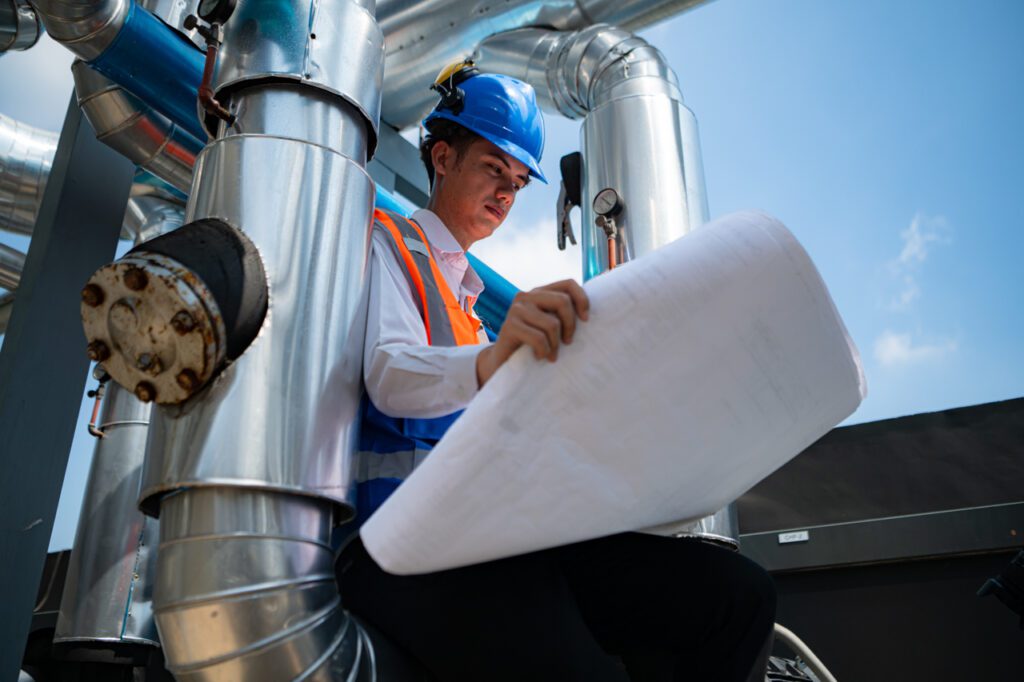
The document provides guidelines for Japan’s Measurement, Reporting, and Verification (JMRV) framework to quantify and track greenhouse gas (GHG) emissions reductions. It outlines methodologies for data collection, emission calculations, and monitoring processes. The framework aims to ensure transparency, accuracy, and consistency in reporting, with sections detailing project-level emission assessments, sector-specific protocols, and verification standards.
Coalition for LNG emission abatement toward net zero
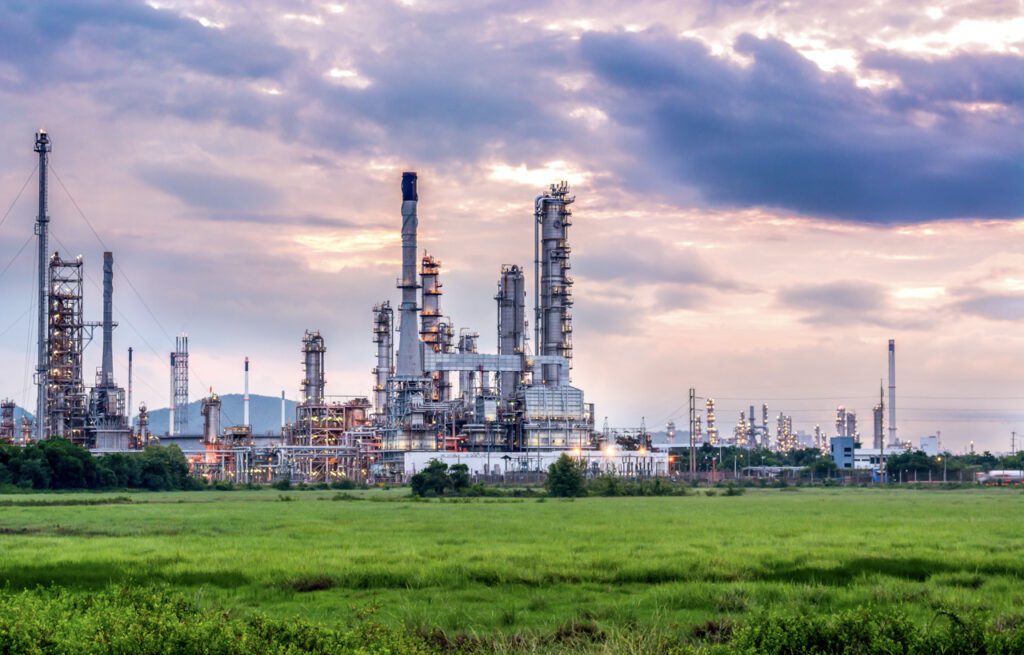
The Coalition for LNG Emission Abatement toward Net-zero (CLEAN) project, is a collaborative international initiative focused on reducing greenhouse gas (GHG) emissions, particularly methane, across the LNG value chain. It is supported by the United States, South Korea, Australia, the European Commission, and Japan, and co-hosted by Japan’s Ministry of Economy, Trade, and Industry (METI) […]
Ben Cahill article: Geopolitical significance of US LNG
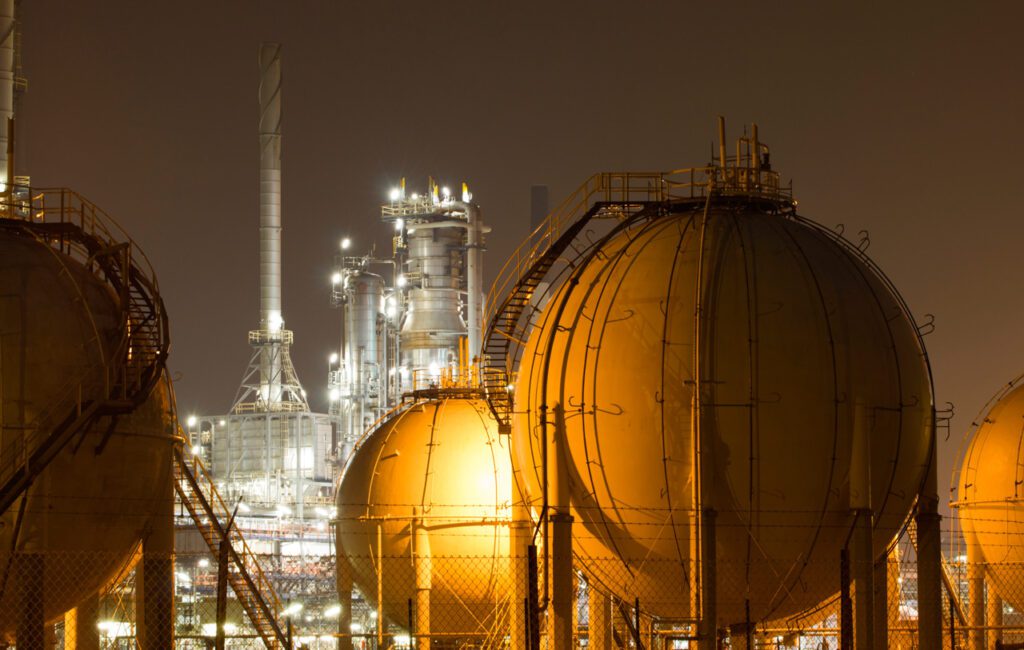
The article from CSIS analyzes the geopolitical significance of U.S. LNG (liquefied natural gas) exports on global energy markets and political dynamics. It discusses how the United States has emerged as a major LNG exporter, impacting global energy trade and geopolitical relationships. The article explores how U.S. LNG exports have diversified global energy supply sources, […]
ASEAN energy sector methane leadership program
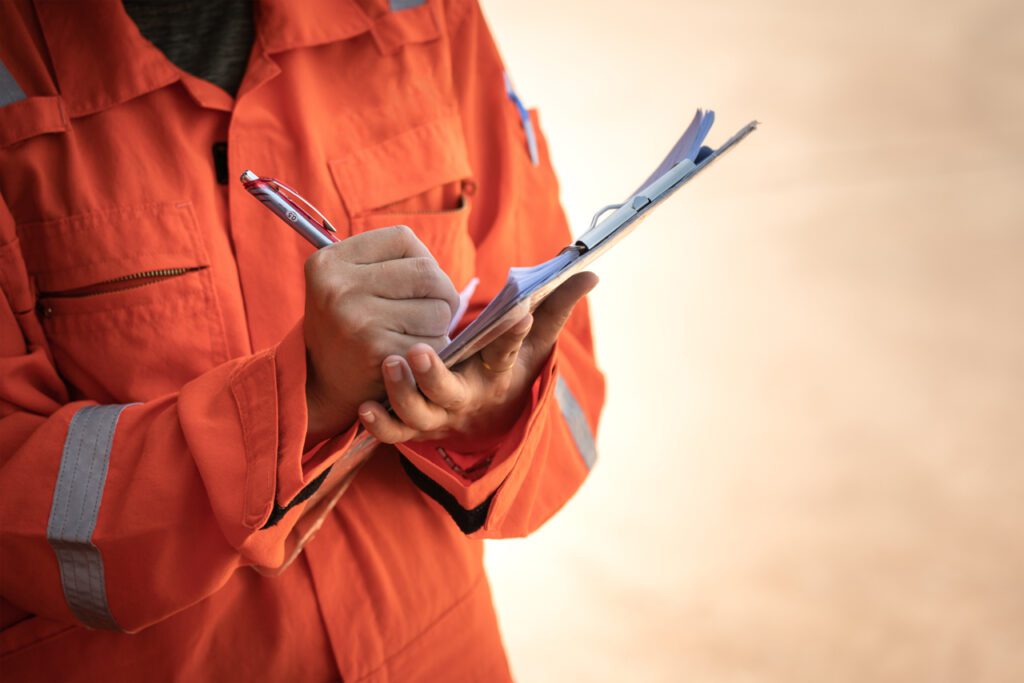
Launched at Energy Asia 2023 in Kuala Lumpur on June 26, 2023, the MLP spans 18 months and concentrates on fostering effective methane emission management in the ASEAN O&G industry. It aims to support the Global Methane Pledge 2030 through regional collaboration, technology transfer, networking, knowledge sharing, and capacity building among oil and gas companies, […]
